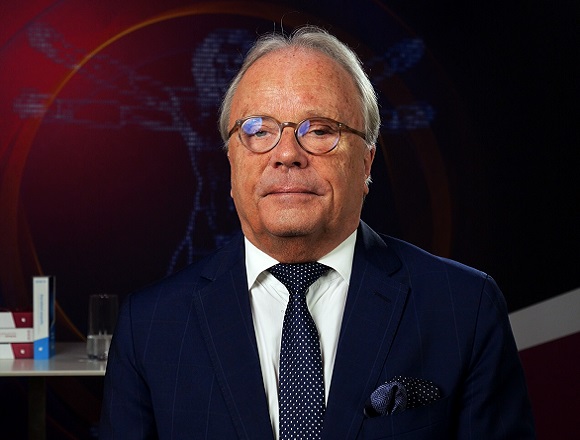Jill Rudkowski, MD, is an associate professor of medicine in the Division of Critical Care at McMaster University, intensivist at St Joseph’s Healthcare Hamilton, and assistant secretary for the Committees for Accreditation of Canadian Medical Schools (CACMS) and Continuing Medical Education (CACME).
If you were to name the 3 most important recent advances in critical care that are relevant for everyday practice, what would they be?
I think there are 3 things that are really revolutionary in the last few years in critical care. I think the first thing has been the improvement in survival in some very common areas, such as sepsis, and development of consensus ways of managing sepsis, like through the Surviving Sepsis Campaign.
I think the second thing is going beyond just trying to improve survival, but also thinking about how we can improve long-term outcomes through the care of the patient in the intensive care unit (ICU). Those are things like the ABCDEF bundle, where we really focus on a lot of aspects of day-to-day care in the ICU.
The third, and I think most important, is the recognition that patients do die in our care in the ICU and the humanization of death in the ICU, rather than the technical aspects, has really been a focus of programs such as the 3 Wishes Program [see: How to make dying in a hospital ICU more humane: The Three Wishes project] started by my friend and colleague Dr Deborah Cook and now expanding to many centers across North America and around the world. This program really seeks to include the family and the patient in making sure that their needs are met when we recognize the patient’s going to die, and this has also had a huge impact on how we are as care providers, our own well-being, and our ability to be human as we care for our patients.
 English
English
 Español
Español
 українська
українська









